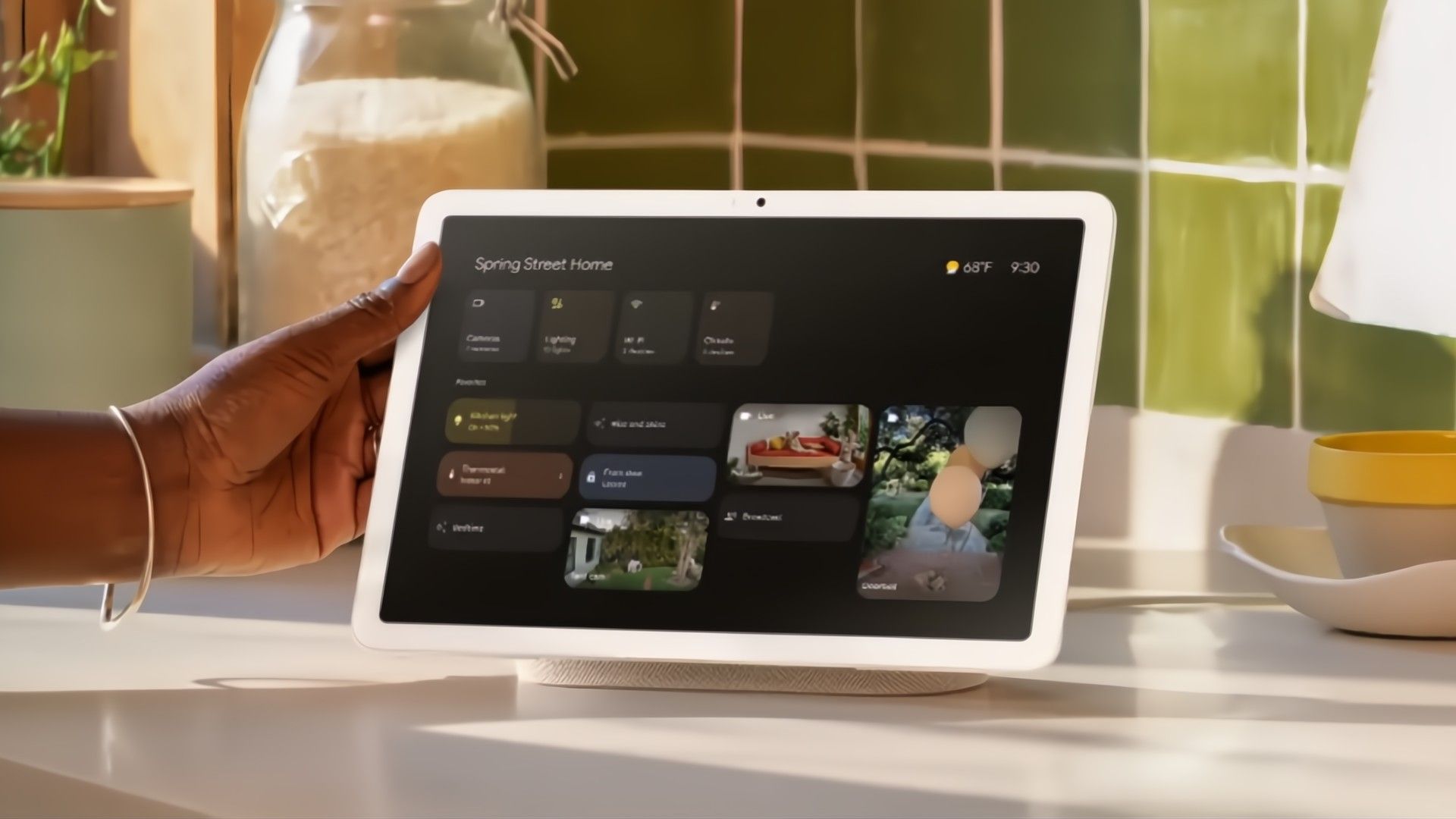Google has made it easier for people to control Matter smart devices directly through its Google Home platform. This improves the reliability of the system and allows it to work without an active internet connection.
Surprisingly, you can still control lights and other devices even if the internet goes down. Thanks to a feature called Home Runtime, this update lets devices like Google Nest hubs, speakers, Chromecasts, Google TVs running Android 14, and some LG TVs manage Matter devices without an internet connection. That, in itself, is amazing, because even when your internet connection as an outage, you should still be able to control every bit of your smart home. Your local Wi-Fi network might still be required, though—Google hasn’t clarified that point.
Jeannie Zhang, product manager for Google Home, told The Verge, “This means when a user who has a hub for Google Home device (at home) is viewing or controlling their Matter devices (at home), they can do so with higher reliability, privacy, and lower latency.”
This change is likely because Google is going all in with Matter by teaming up with the Connectivity Standards Alliance to make the Matter certification process easier. It is collaborating with MediaTek to create a new chip that includes Wi-Fi, Bluetooth LE, and Thread.
Matter is basically the new standard for smart homes that helps different devices work together. This should help lower costs and make it simpler to add Thread technology to new smart home products, making smart home devices better. Additionally, Google has made its Home APIs available to all developers, giving them tools to connect with Google Home devices and set up automations. These APIs make managing devices easier, setting them up quickly with Fast Pair and creating automations.
This is aimed at speeding up development so that developers can concentrate on making devices for users, instead of getting bogged down with complicated integrations. Eventually, moves like this should make smart homes more intuitive and able to work together regardless of the brand. However, it will probably be a while before most people can truly beneift from Matter.





